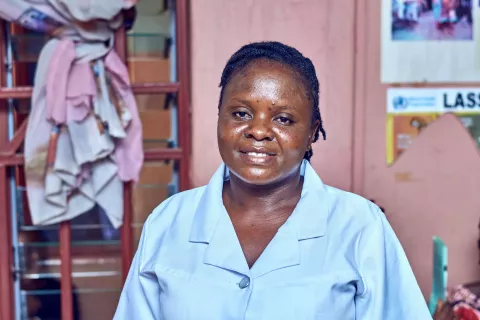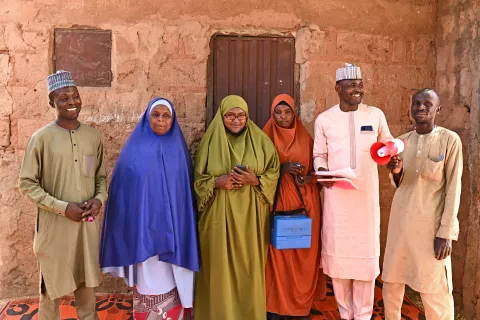2021 Multiple Indicator Cluster Survey/ National Immunization Coverage Survey Report
The household survey developed by UNICEF to assist countries in filling data gaps for monitoring human development and the situation of children and women.

Highlights
The Multiple Indicator Cluster Survey is a household survey developed by UNICEF to assist countries in filling data gaps for monitoring human development indicators in general and the situation of children and women, in particular. It has evolved over the years to respond to changing data needs, expanding from 28 indicators in the first round in 1999 to 200 in its current sixth.
The National Bureau of Statistics (NBS) implemented MICS which provides data on child mortality, health, nutrition, education, child and social protection, women’s health care and empowerment, water, sanitation and hygiene, while NICS assesses vaccination coverage provided through the health systems.
Indicators produced for the first time include social transfer, household energy use, child functioning and foundational learning skills. The survey measures the government’s progress towards national commitments and the Sustainable Development Goals.
The MICS results reveal that Nigeria has made progress in some sectors. Child mortality decreased from 1 in 8 children dying before their fifth birthday (MICS 2016) to 1 in 10 children (MICS 2021). There has also been significant progress in exclusive breastfeeding and birth registration rates - the exclusive breastfeeding rate increased from 24 per cent to 34 per cent, while nearly 60 per cent of Nigerian children are now registered at birth with civil authorities, compared to 47 per cent in 2016. In addition, child marriage (women married before age 18) has reduced from 44 per cent to 30 per cent since 2016.




